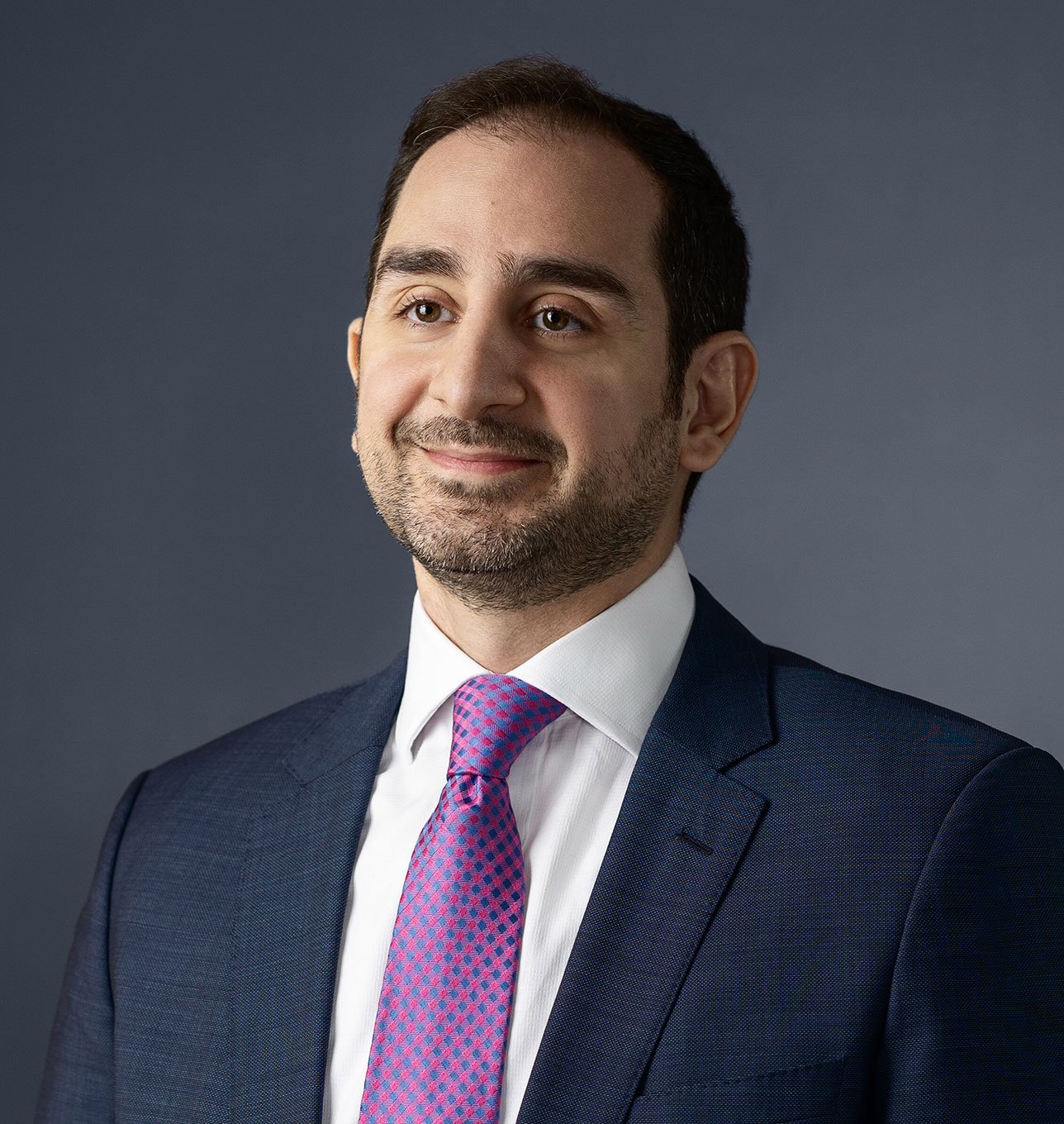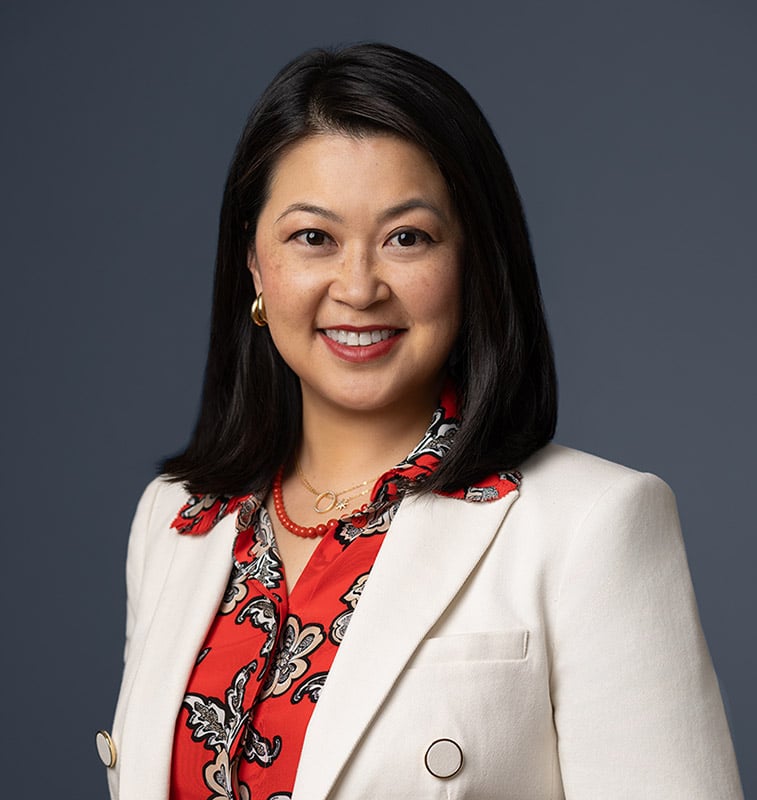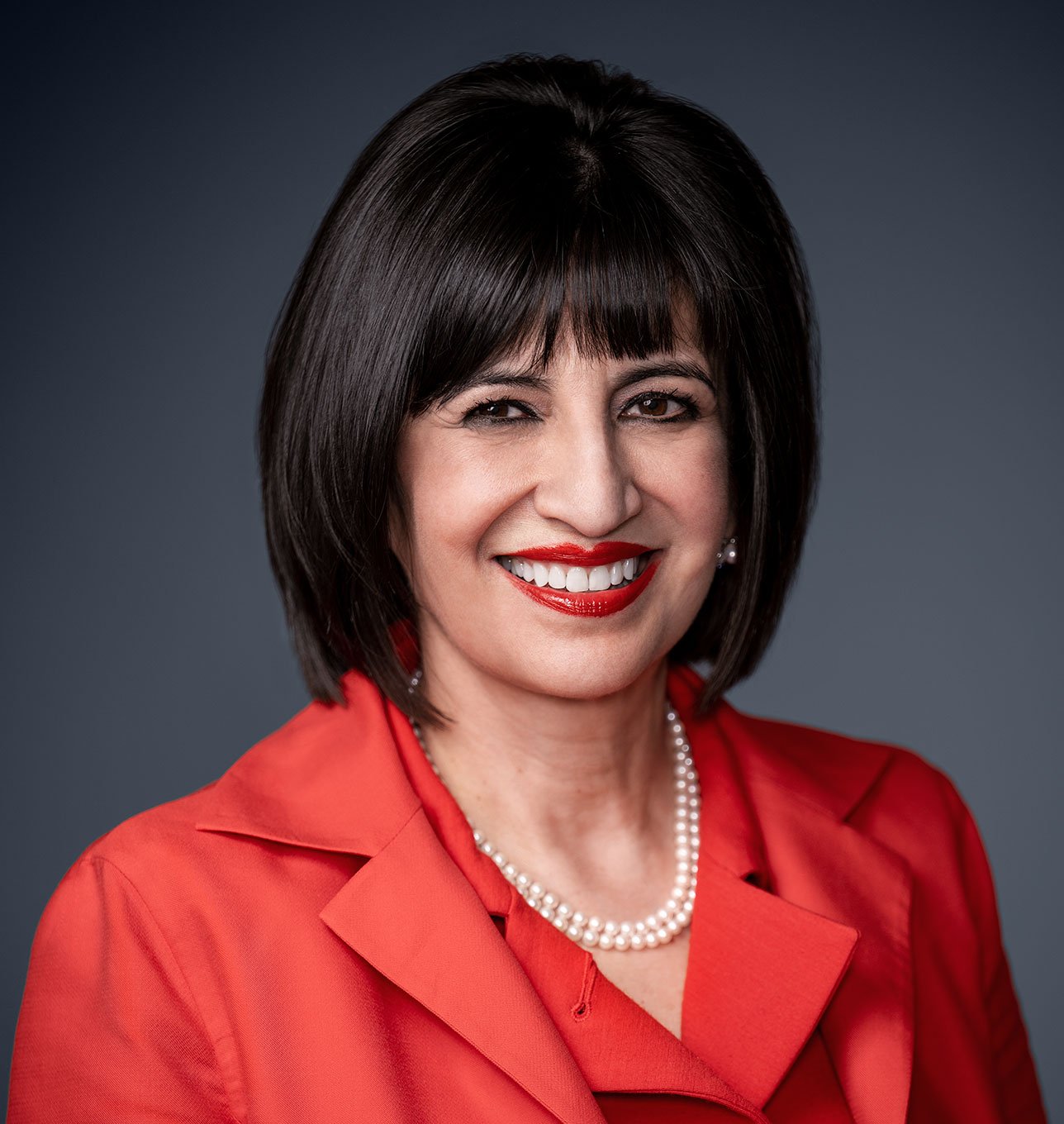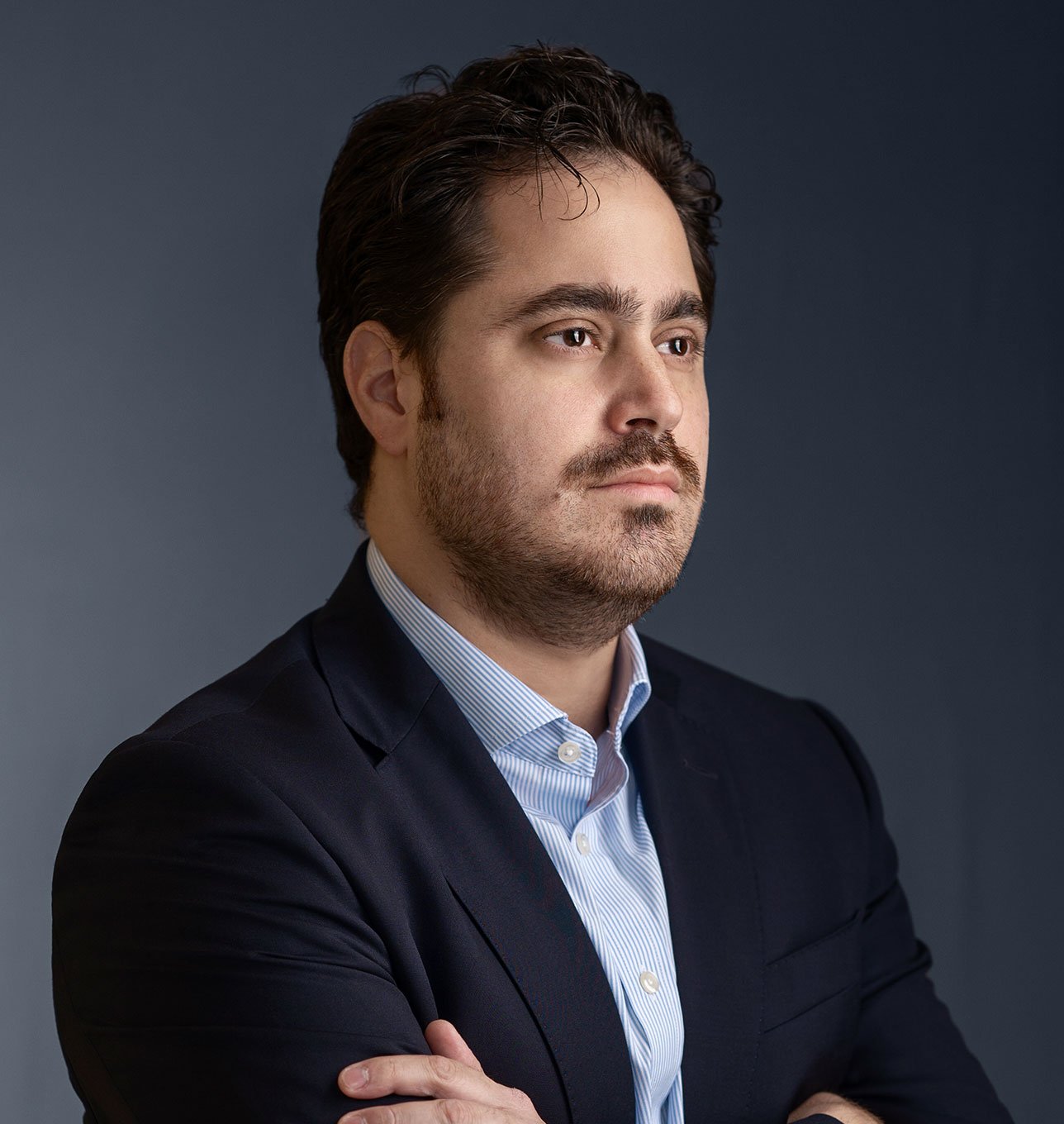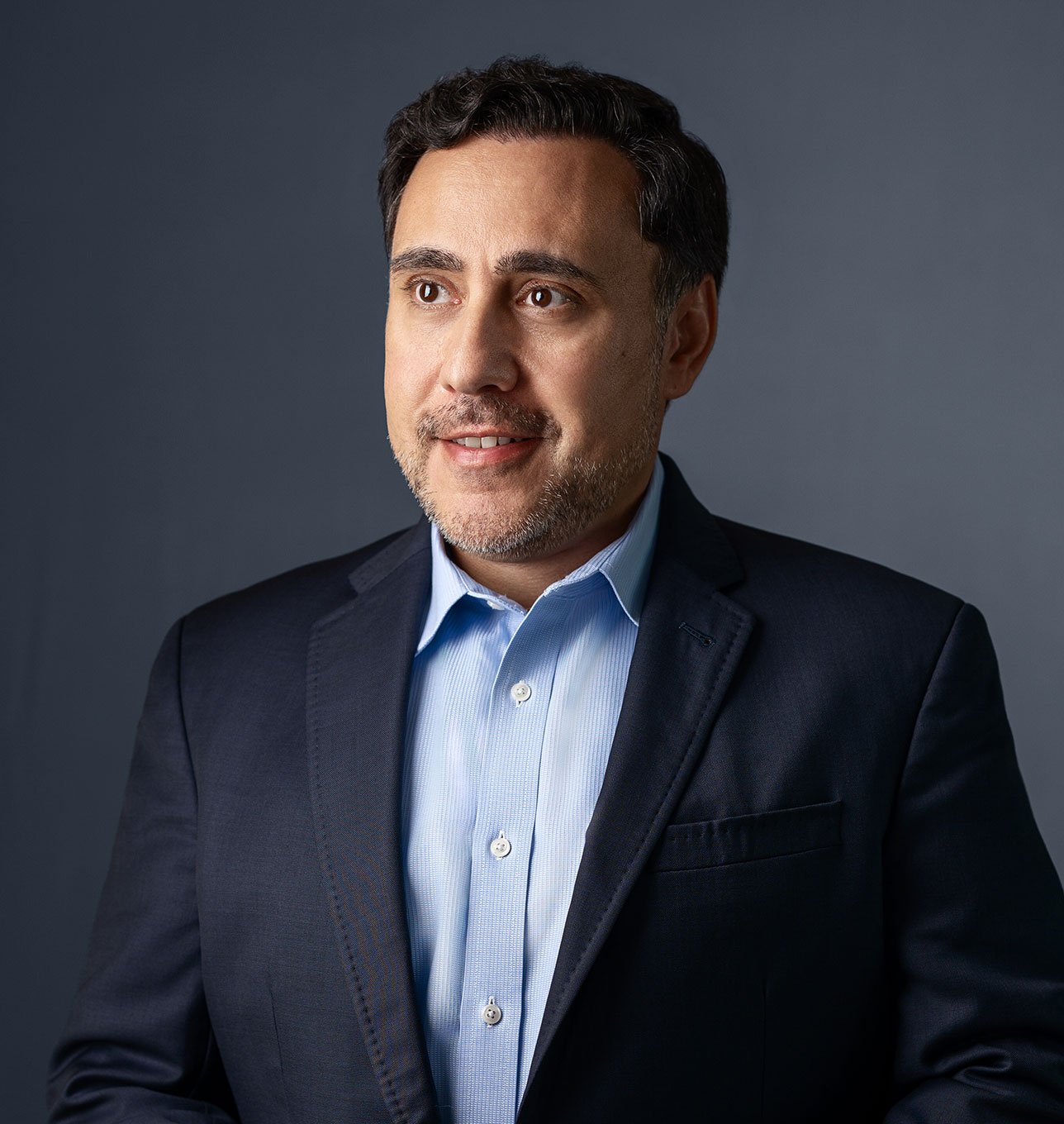Saudi Arabia Introduces Permanent Residency for Expats
The Kingdom of Saudi Arabia recently launched its first permanent residency program for certain expatriates, allowing them to reside in the country with their families without a Saudi sponsor. Applications can be made through the Premium Residency Card (PRC) online application platform. This idea was first announced in 2016 by Crown Prince Mohammed bin Salman but was only approved by the Shura Council in May 2019, with services starting in June.
Expats are normally sponsored by a Saudi employer and require visas to enter and leave the country, making this a landmark decision considering the country is home to over 10 million expats.
There are two types of residency offered: a permanent residency for a fee of SAR 800,000 ($213,000) and a renewable temporary residency for an annual fee of SAR 100,000 ($27,000). The program requires applicants to be at least 21 years old, submit a valid passport, prove financial stability, have a clean criminal record and provide evidence of medical reports proving they are healthy. This program is expected to generate around SAR 37 billion ($10 billion) in annual revenue by 2020.
The rights and benefits enjoyed by PRC holders include travelling in and out of the Kingdom without restrictions and a separate visa, sponsoring residence and visitor visas for their families, recruiting domestic workers from abroad and sponsoring employment visas, owning real estate and private means of transportation, working in private sector companies and changing jobs. However, they are not subject to free movement within the GCC and are prohibited from working in positions that are limited to Saudi nationals.
If the PRC is cancelled or withdrawn, the expat can remain in the country for up to 60 days unless an extension is approved by the President of the Premium Residency Center (approvals are not granted for more than 180 days).
The new residency program makes it clear that the Kingdom aims to attract long-term foreign investment to help diversify its economy in response to fluctuating oil prices. The Kingdom aims to increase domestic spending by attracting wealthy and high-skilled expats and entrepreneurs, who will play an active role in supporting the Kingdom’s economy and strengthening state revenue.

